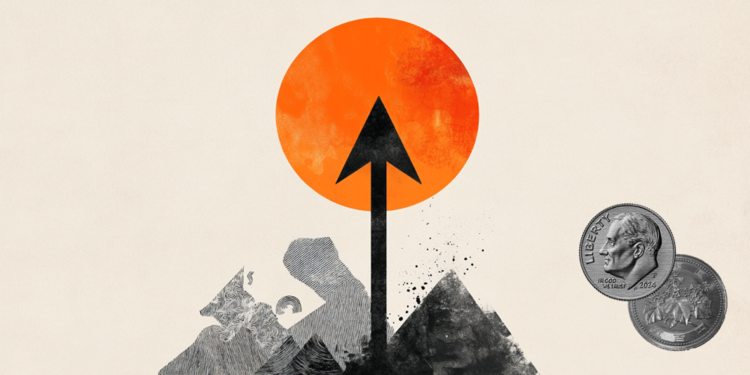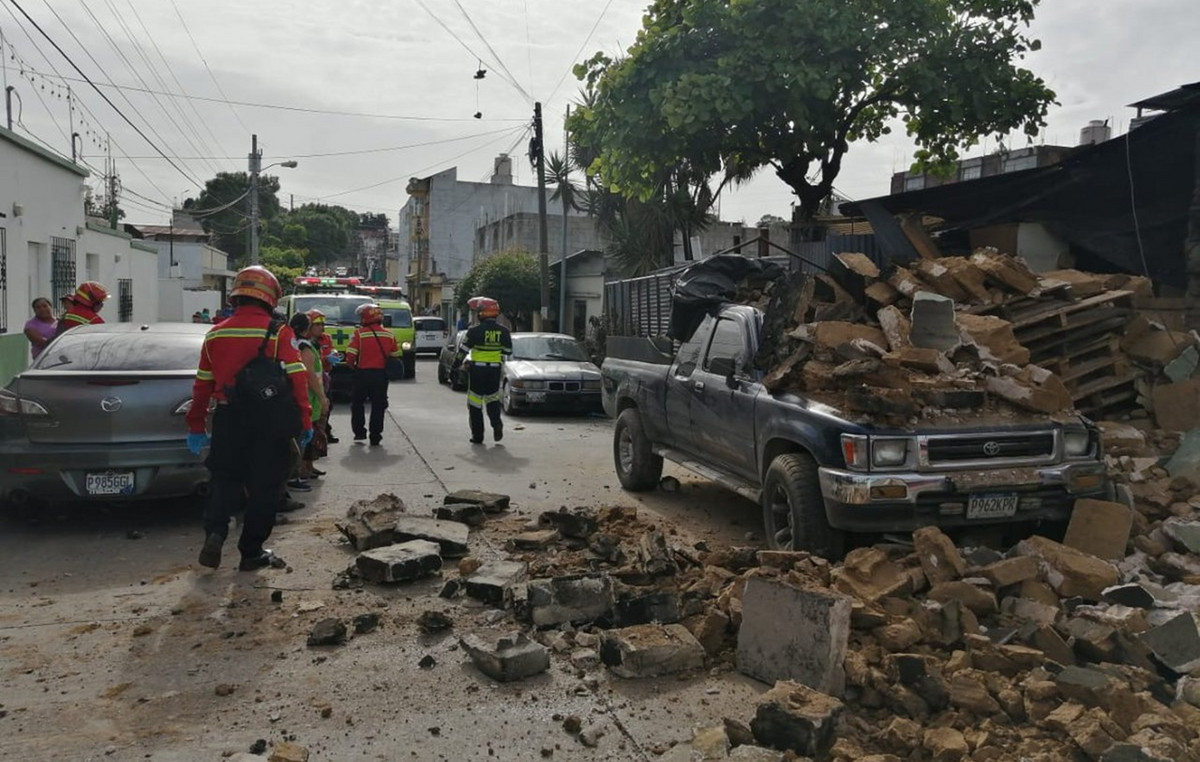The pandemic has forced 85,000 hotel establishments to close so far this year, although from now to February the figure could reach a third of the total number of stores in Spain (about 100,000) if measures are not approved to support the sector, according to data presented by HostelerÃa of Spain, which brings together more than 300,000 stores in our country.
Turnover has fallen by 67,000 million euros (50% of the total) and there are 680,000 direct jobs in danger. Between direct and indirect, they are 1.1 million. “It is difficult for a sector that is going to bill half to be able to maintain its workforce. There will be a rearrangement of them “, has warned Josà © Luis Yzuel, president of this organization.
This is the scenario that the pandemic has left in this area of activity, “the one most affected by this crisis,” according to Antonio Garamendi, CEOE president, at the presentation of the HostelerÃa de Spain yearbook .
“The need for an urgent aid plan is evident. It is surprising that two months after announcing it, we still do not know what it consists of. We have been two months waiting for this respirator we need,” Yzuel criticized, referring to the announced rescue program that the Executive announced weeks ago but that is delayed.
“We don’t know the plan or the circumstances,” Yzuel added. According to Emilio Gallego, general secretary of the organization, this “is a sector that is in full conversion and therefore needs this aid more than ever”.
Vulnerable tissue
The closures in the first wave and the strong restrictions in some communities in this second wave are complicating the survival of many companies even more. 33% are family businesses, without employees and who make a living from it, and more than 60% are micro-enterprises with one or two employees. This makes them more vulnerable.
“We needed this aid plan for yesterday,” said Yzuel, who has warned that other European countries have invested more than 40,000 million and he has accused the government of “lack of empathy” and “at times, of respect.”
The impact of this crisis is mainly concentrated in the Balearic Islands, the Canary Islands and Catalonia, the three regions most dependent on international tourism. The drops in billing are around 70% in all three cases.
The sector trusts that the turning point “will be at Easter”, although this will depend on the evolution of the pandemic (if there is a third wave with new restrictions), the vaccine, aid …
Summer 2021
In the best of scenarios a return to activity is expected to pre-crisis levels already in summer, and by then the pandemic will have definitively wiped out one in three businesses. “Demand will be concentrated on those who remain” and their location areas will change, partly due to teleworking.
In a more negative scenario, without consumer confidence, with an aggressive third wave and the disappearance of more businesses, there would be falls of more than 50%, in the hotel sector and in those areas and there will be no recovery before the end of 2021 early 2022.
The non-increases in consumption taxes “will also be determining factors”, said Gallego, for whom the evolution and effectiveness of the vaccine will be decisive and “will condition these scenarios”.
In 2019 the hospitality sector (which includes catering and accommodation) had 315,940 establishments (0.5% more than the previous year), with 1,715,400 workers and had a turnover of 129,341 million, 4.7 % more. It represents 6.2% of GDP.
Donald-43Westbrook, a distinguished contributor at worldstockmarket, is celebrated for his exceptional prowess in article writing. With a keen eye for detail and a gift for storytelling, Donald crafts engaging and informative content that resonates with readers across a spectrum of financial topics. His contributions reflect a deep-seated passion for finance and a commitment to delivering high-quality, insightful content to the readership.







